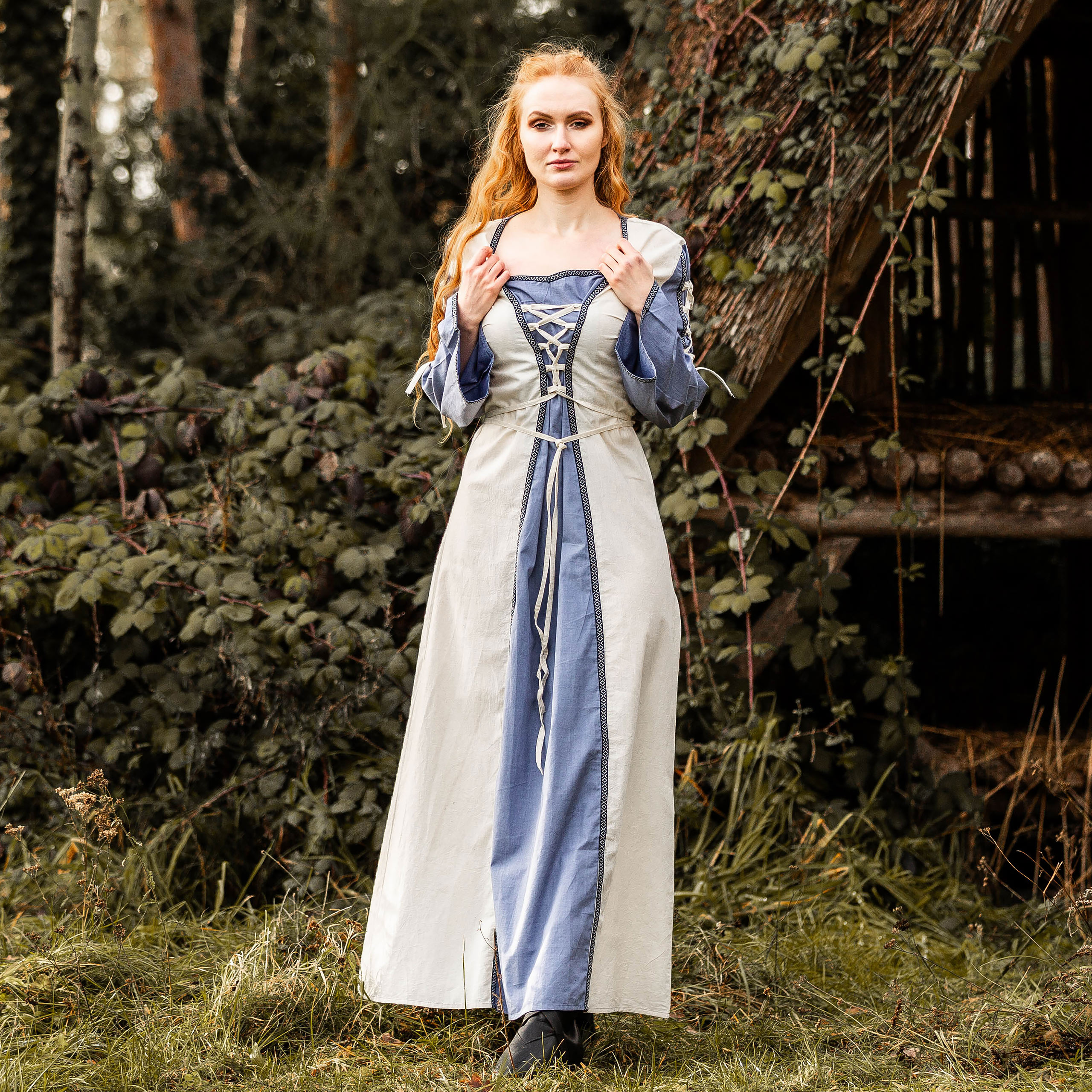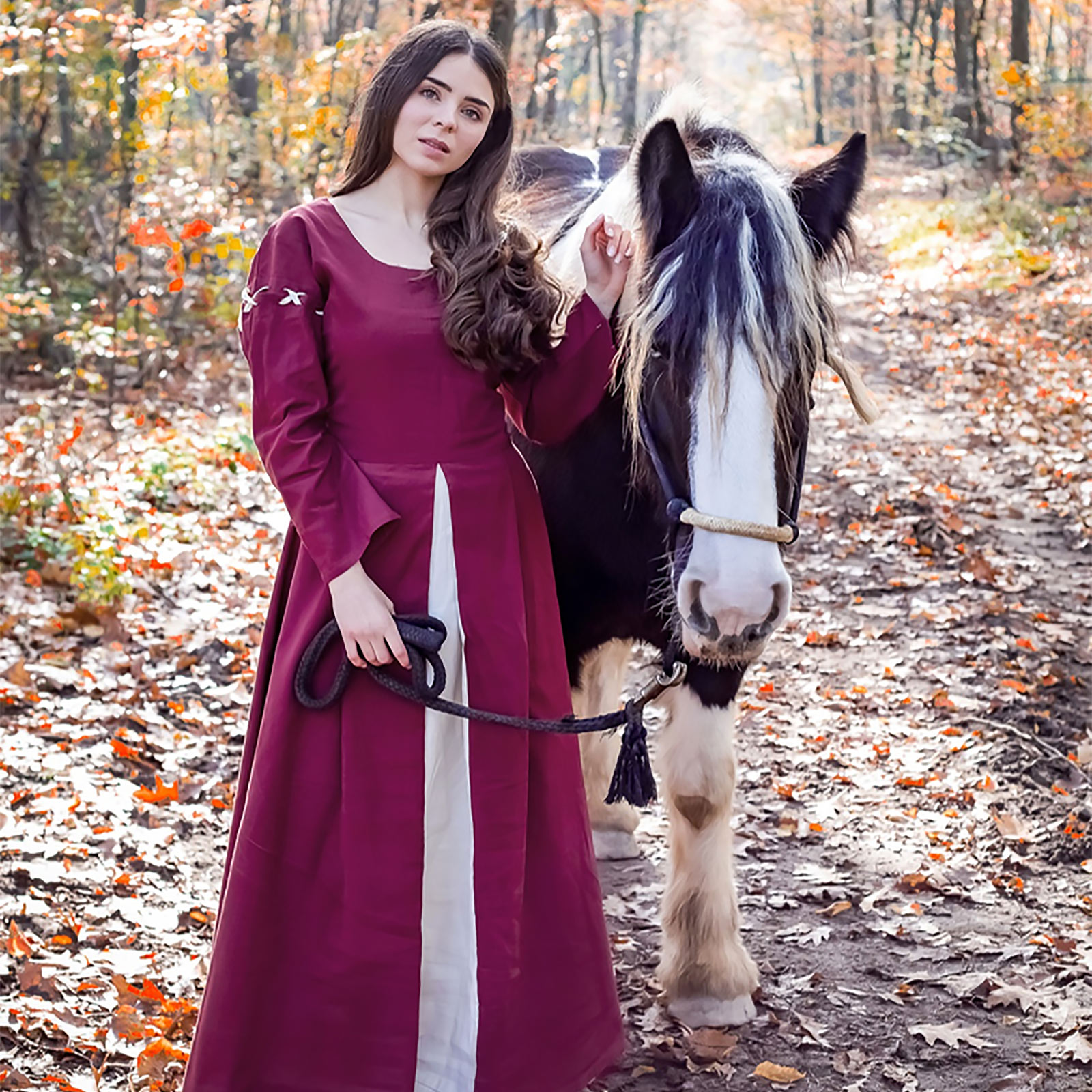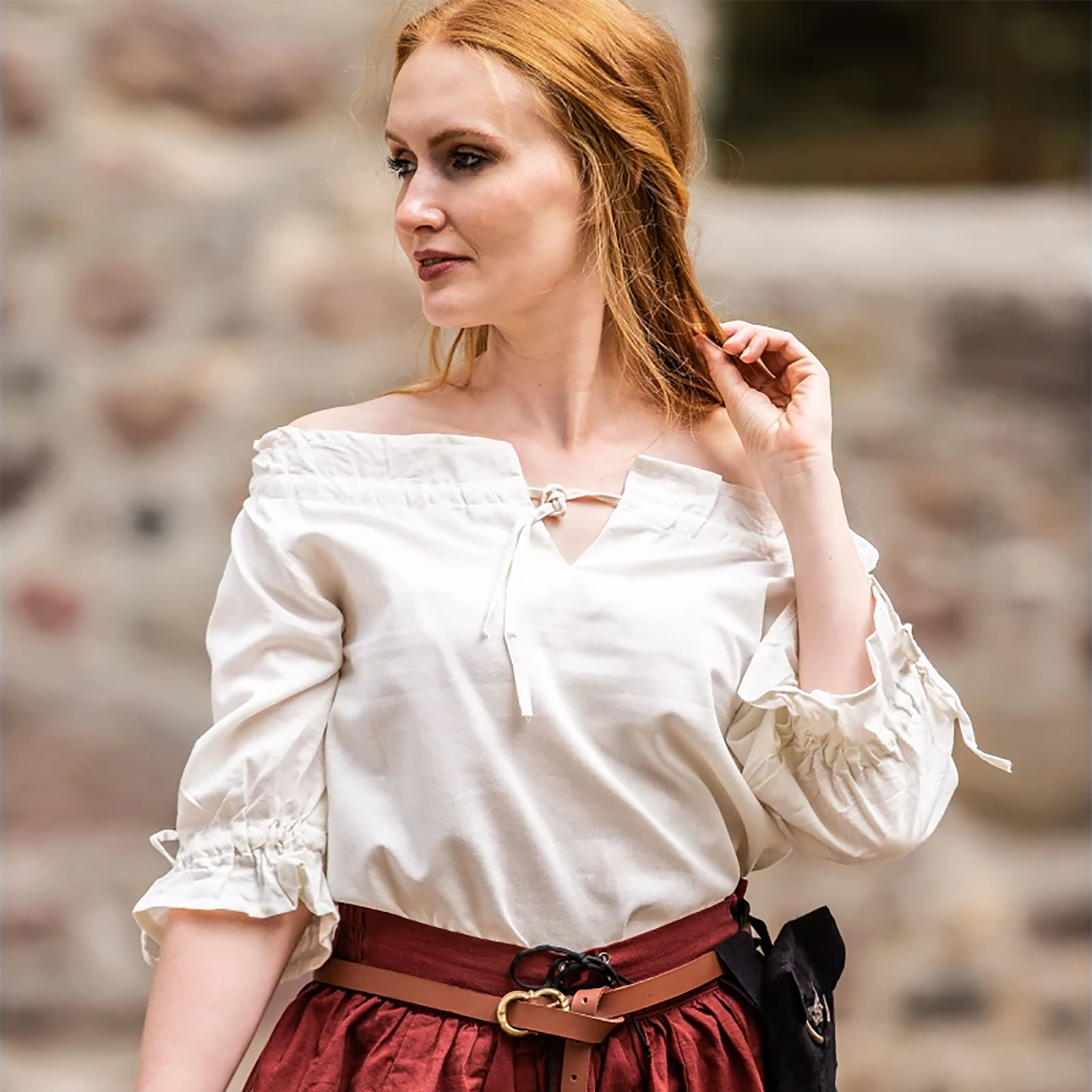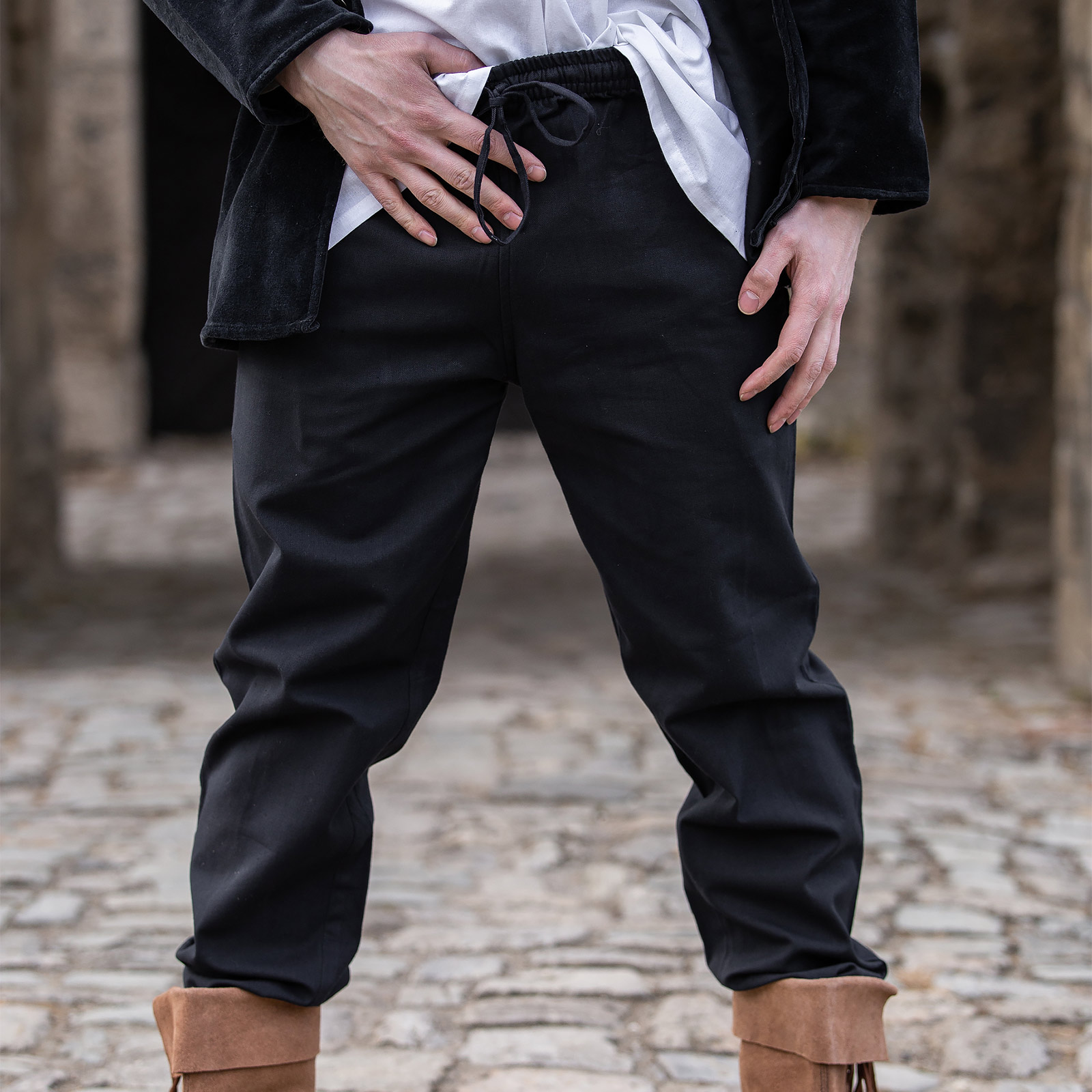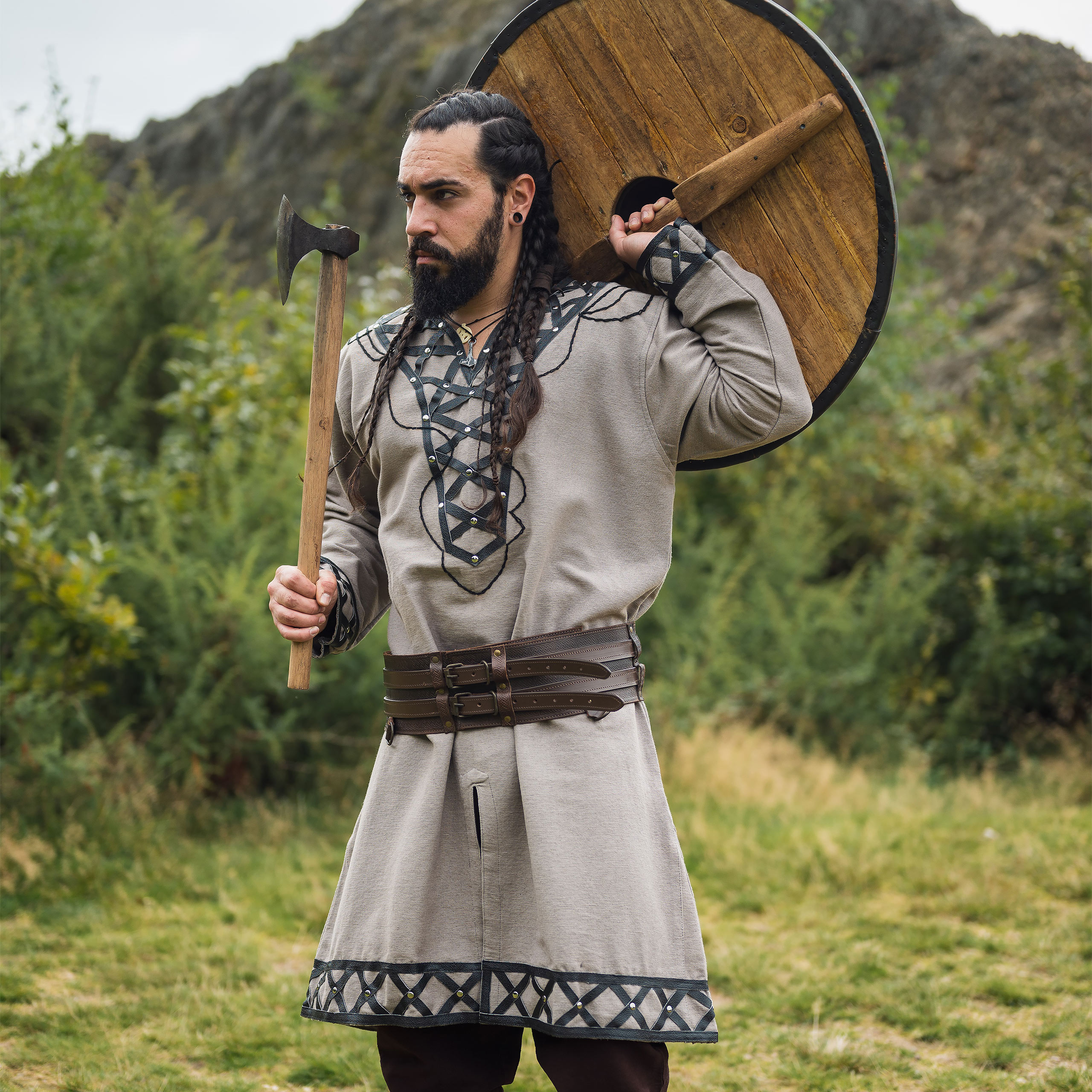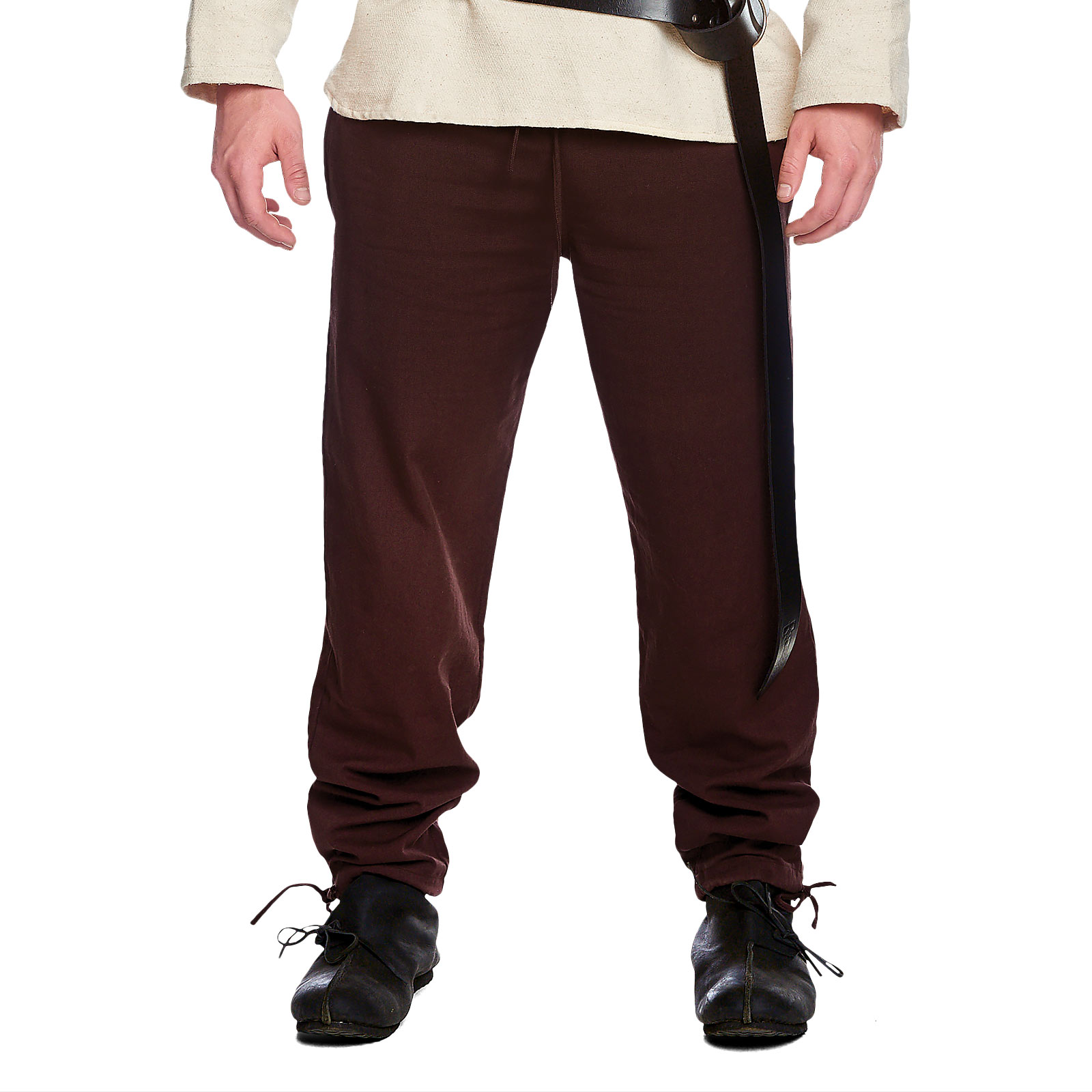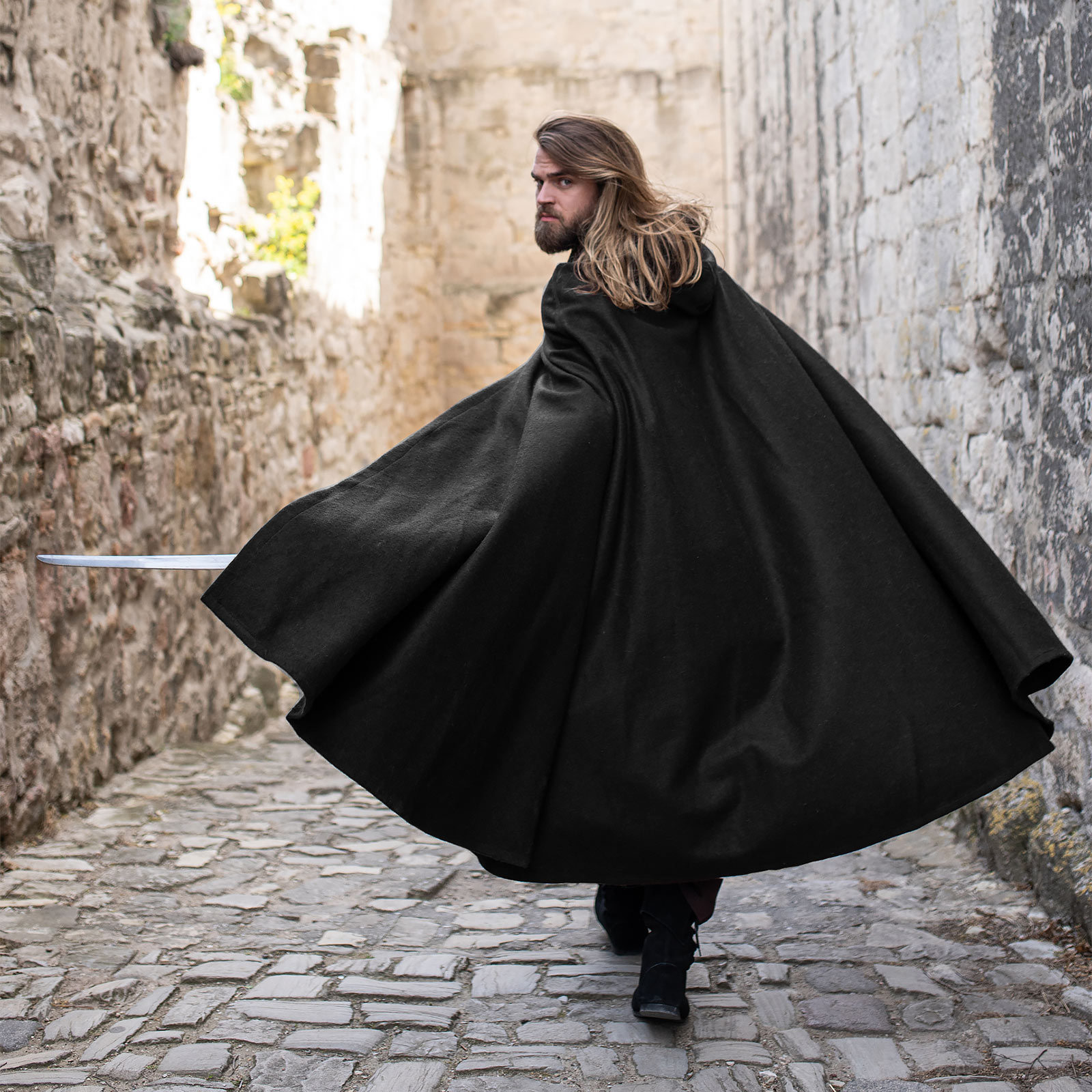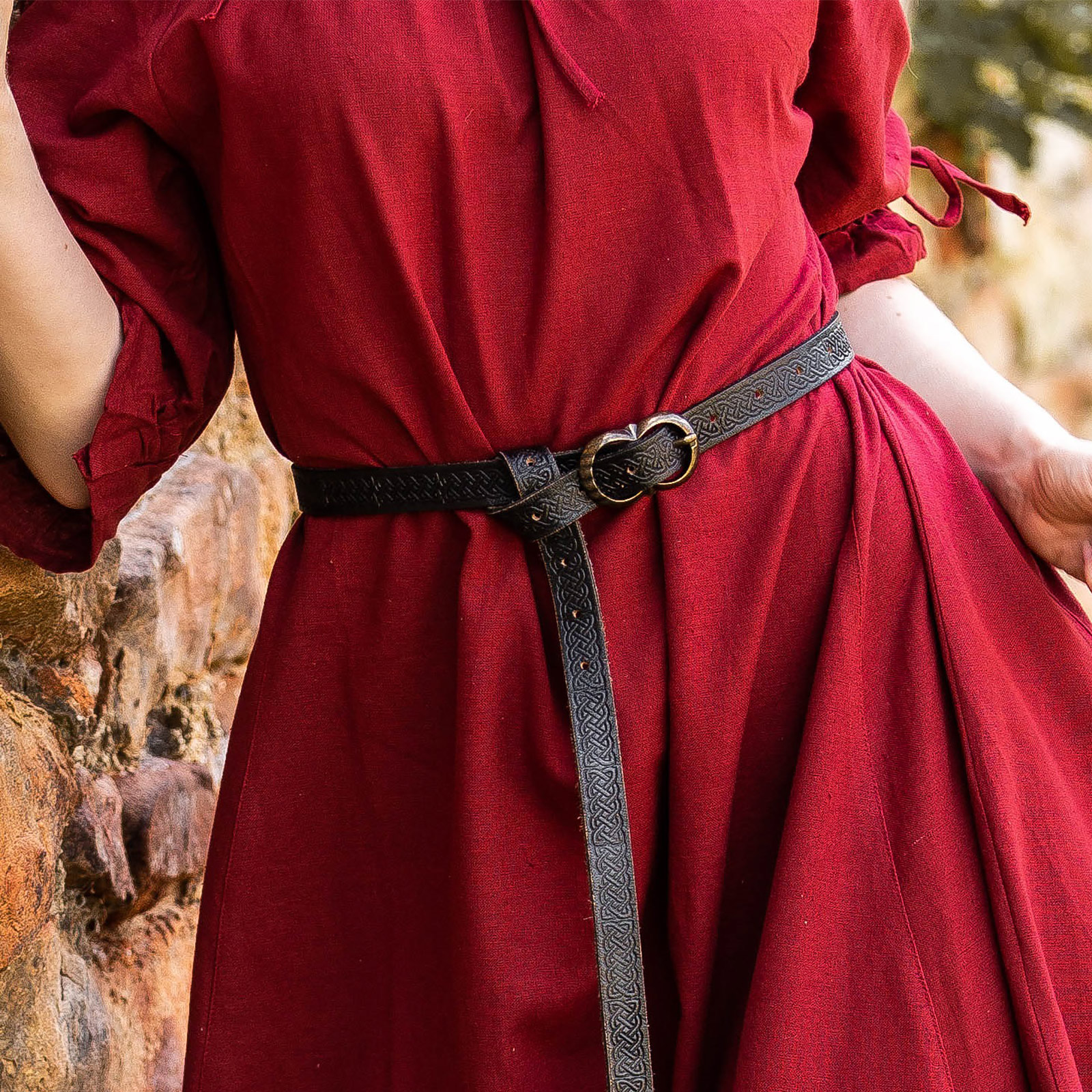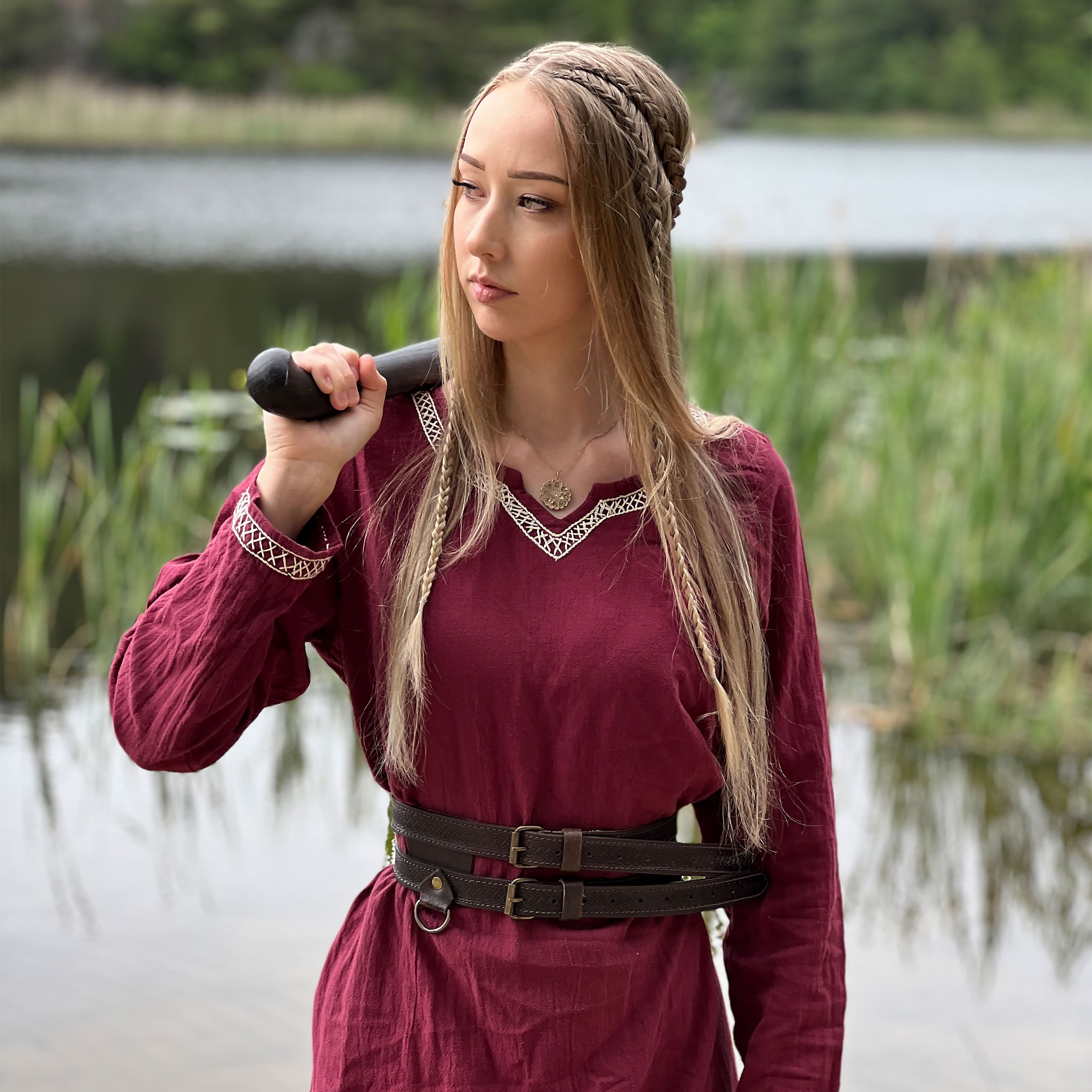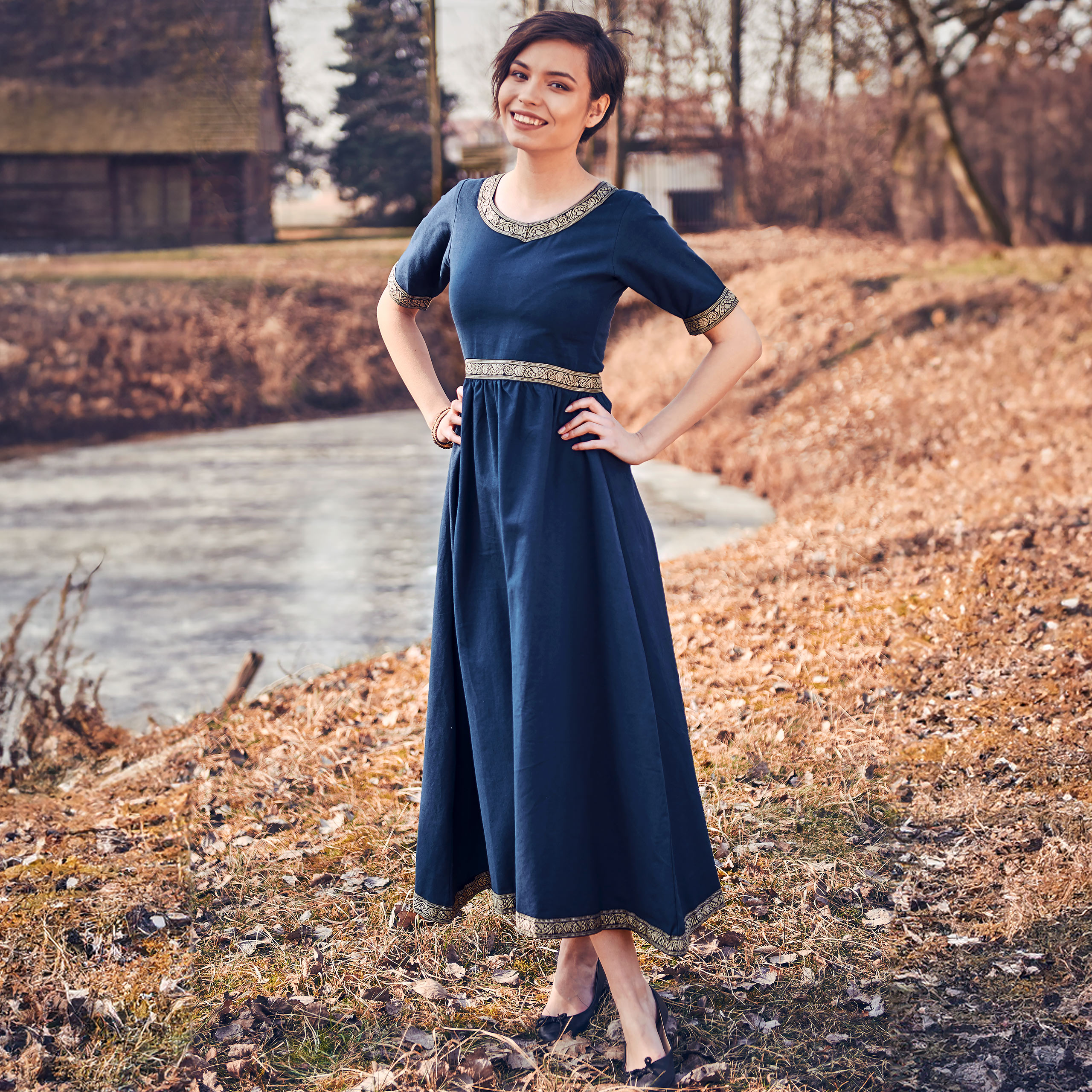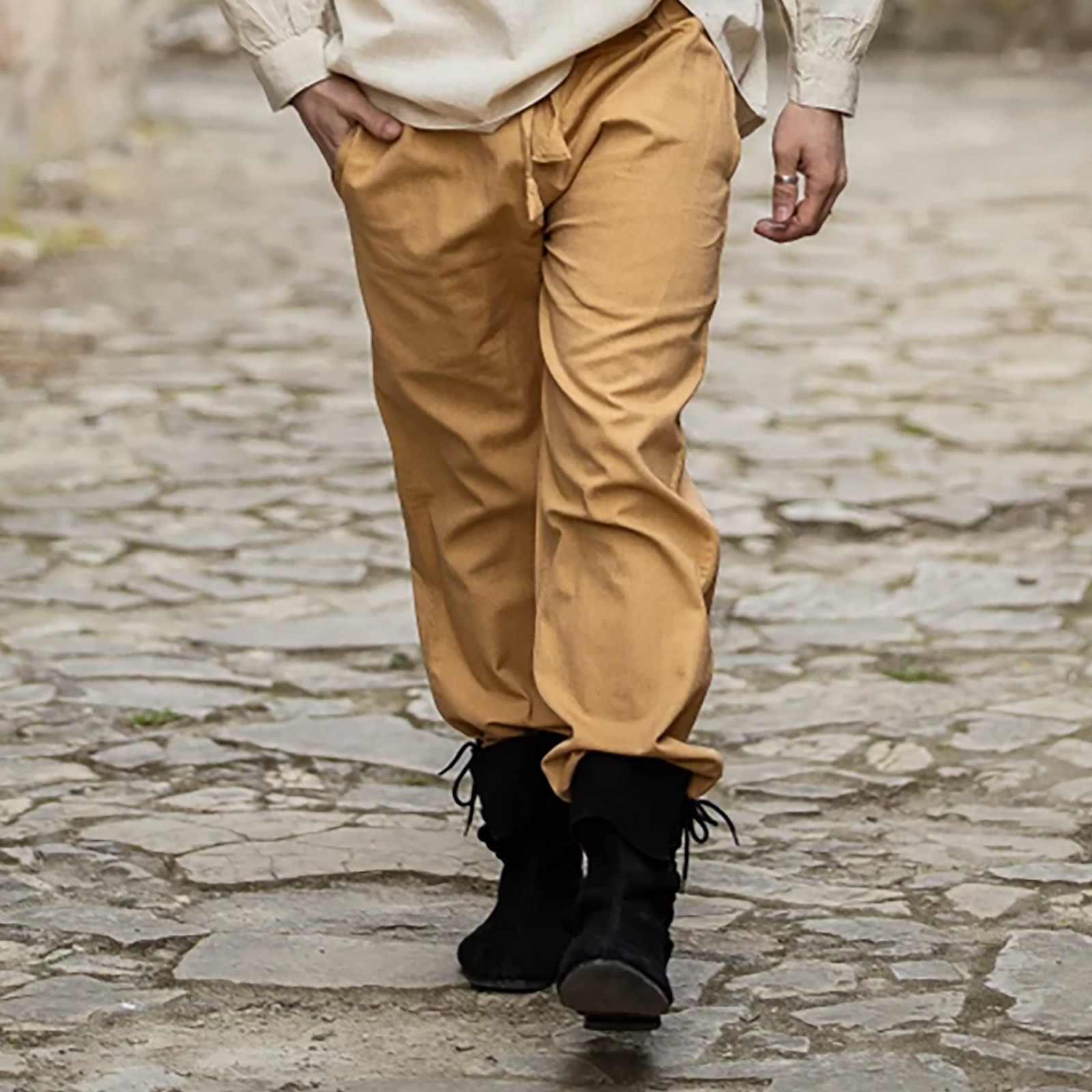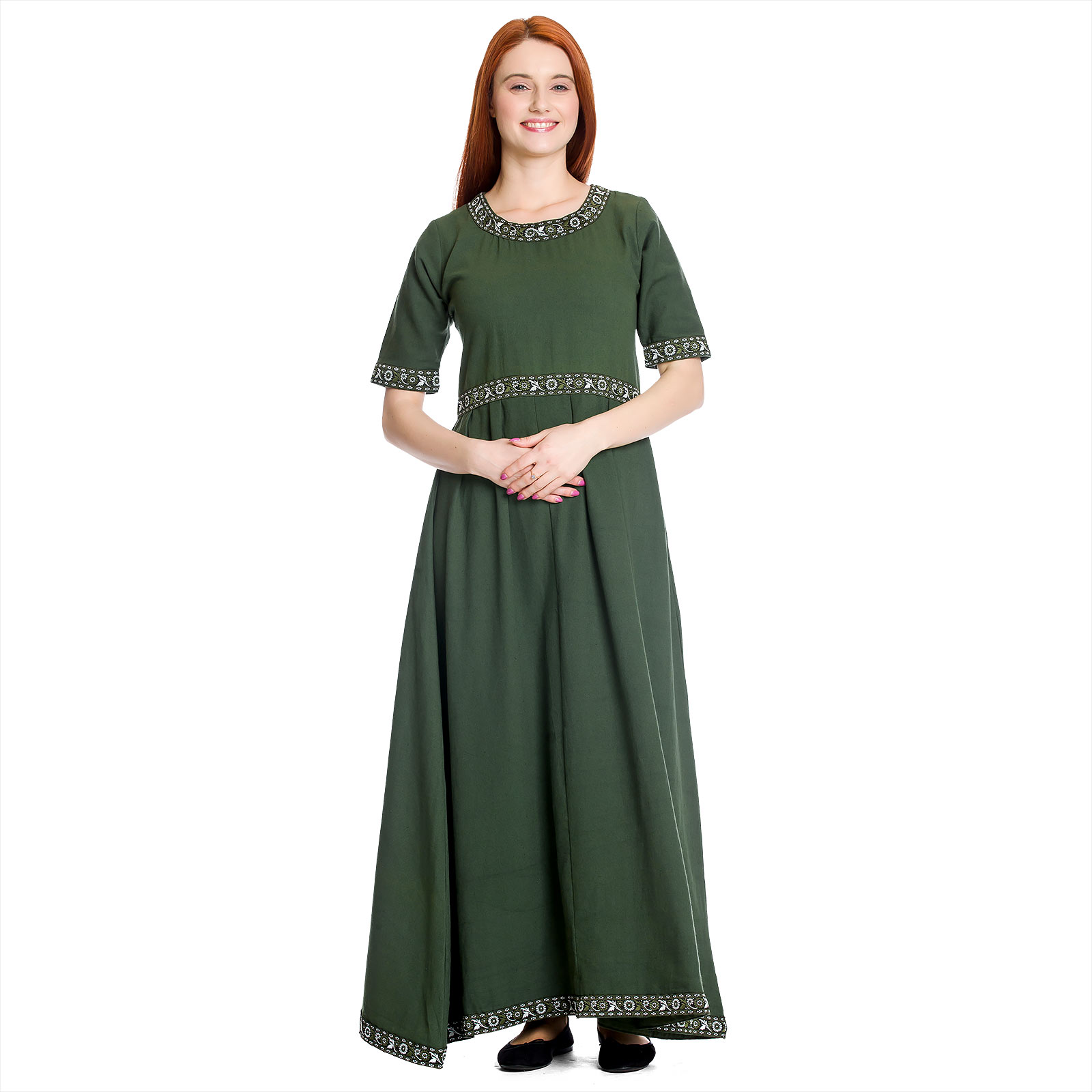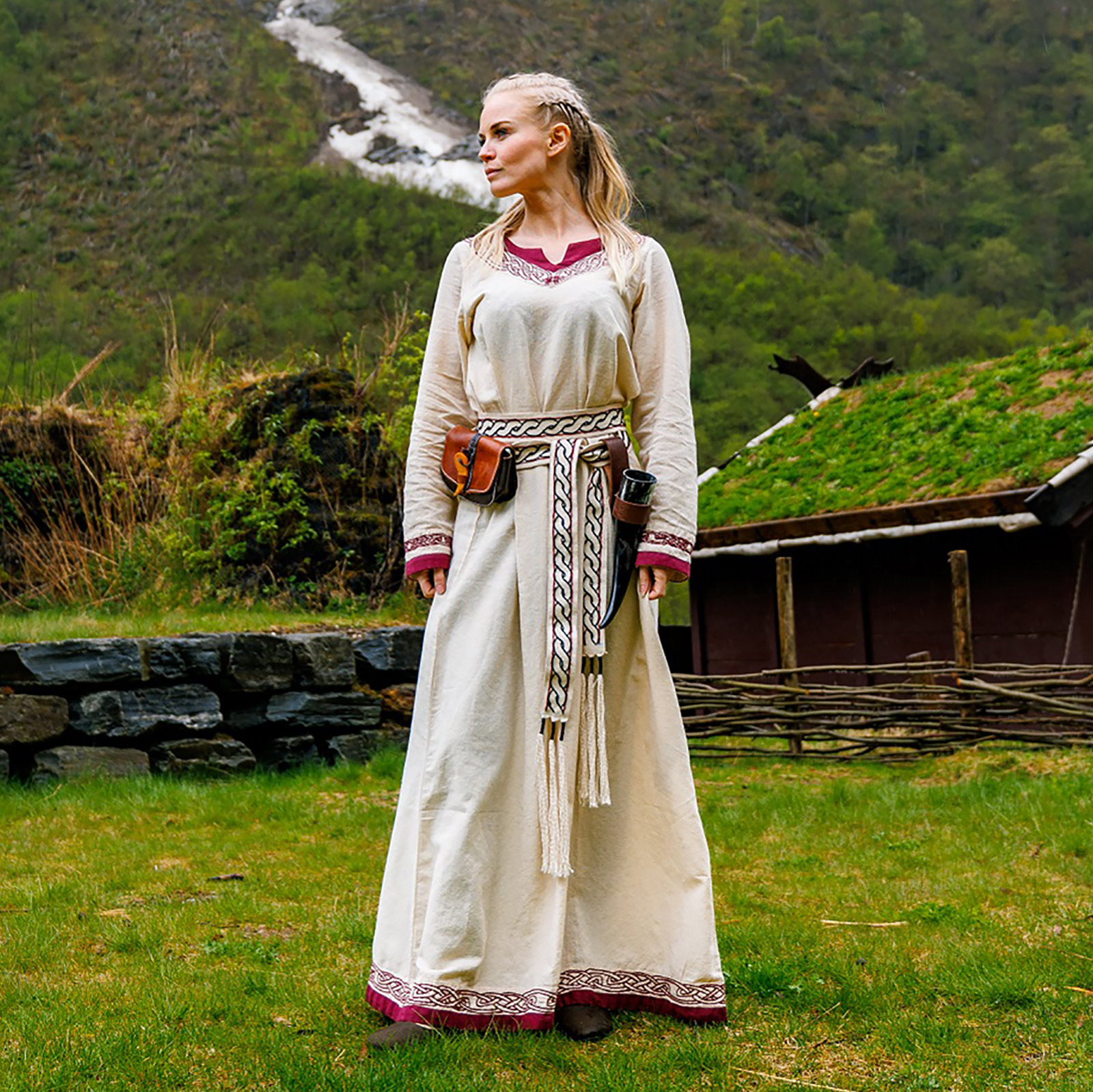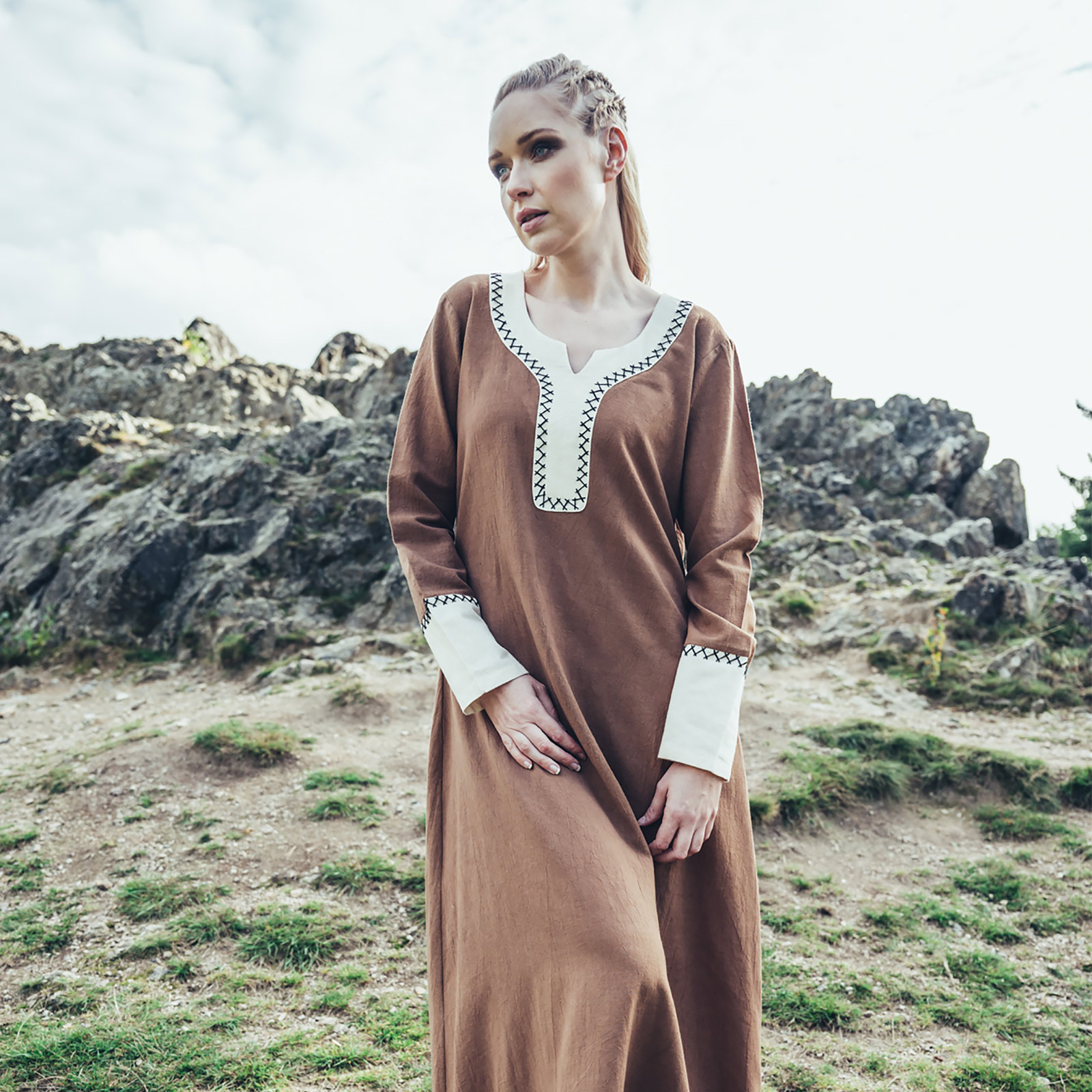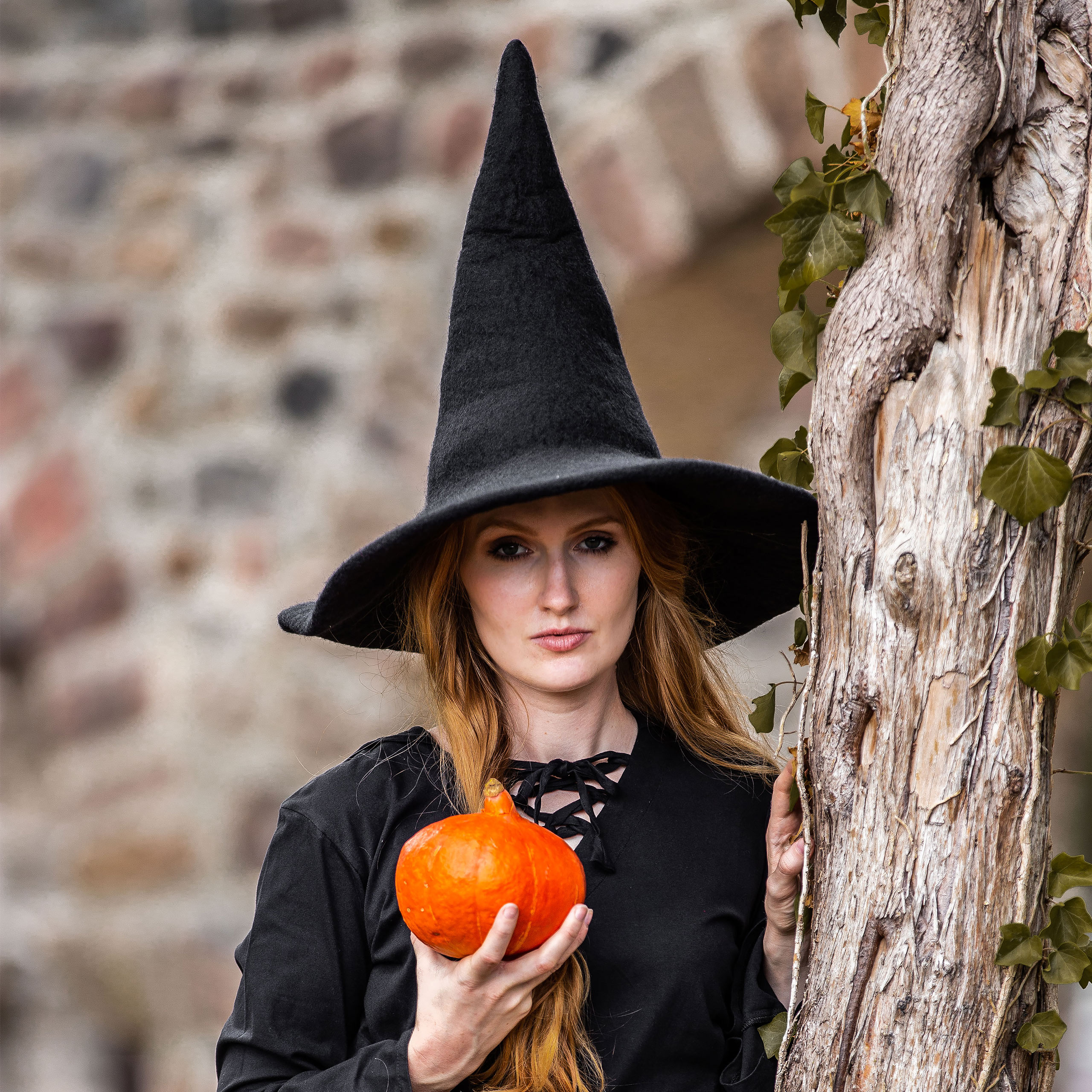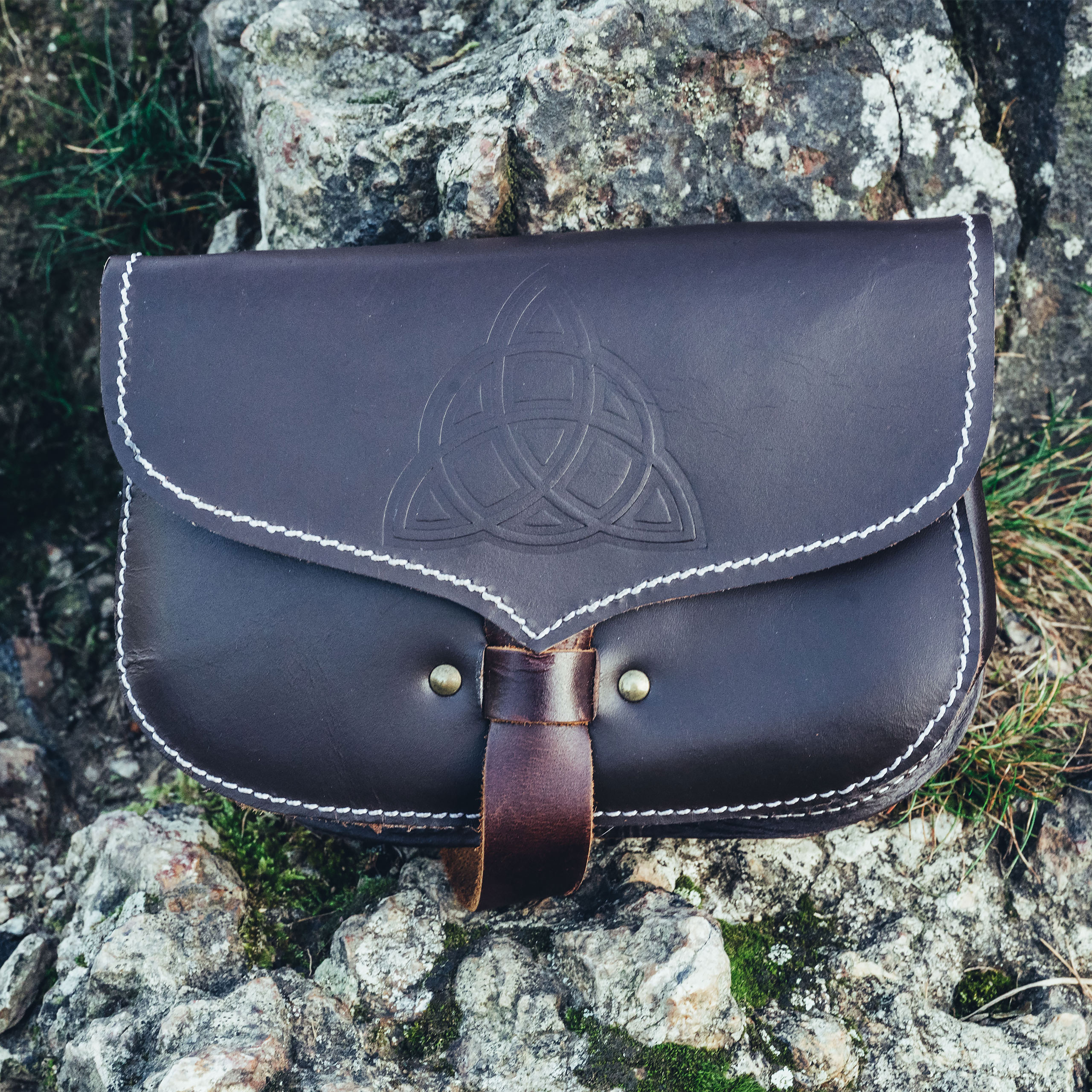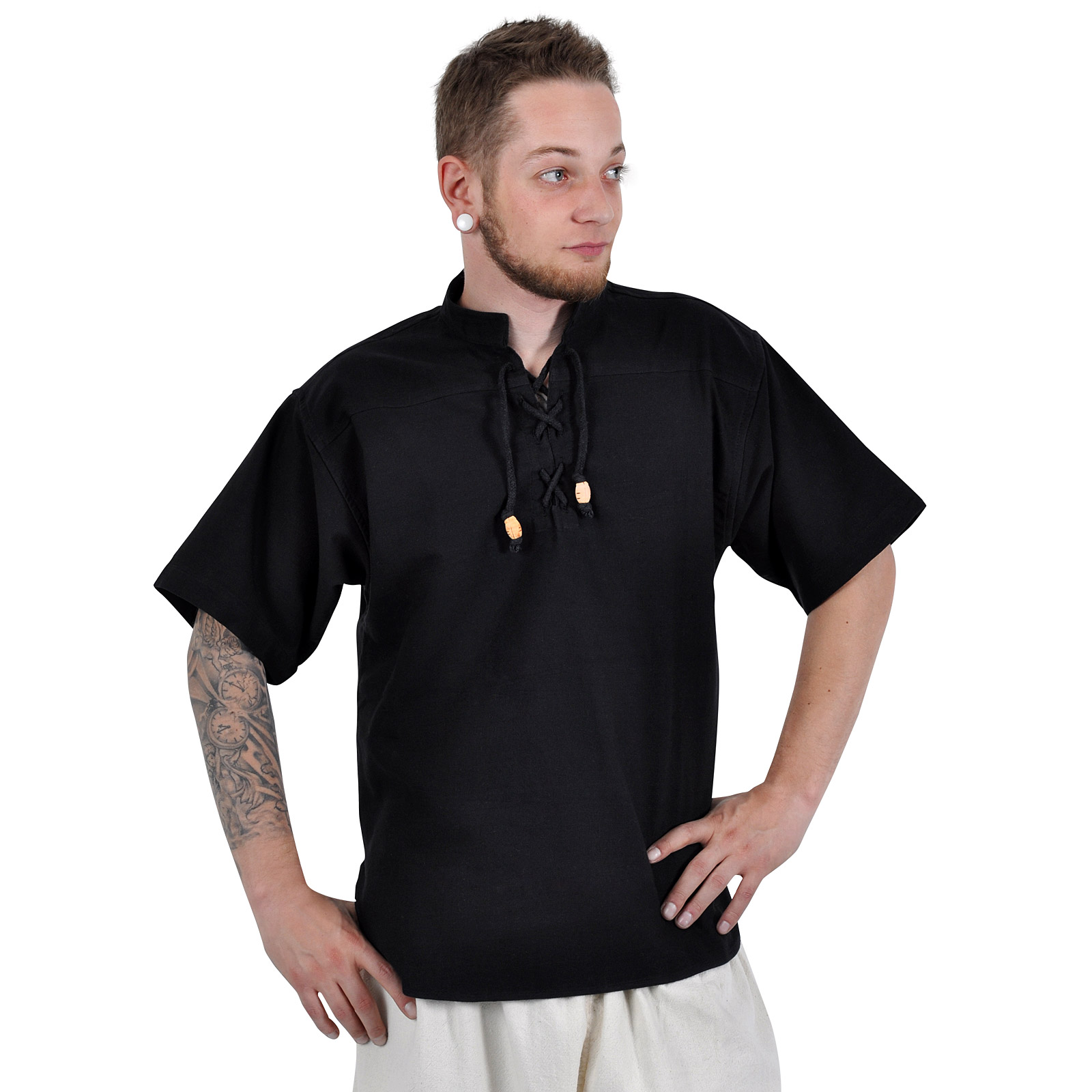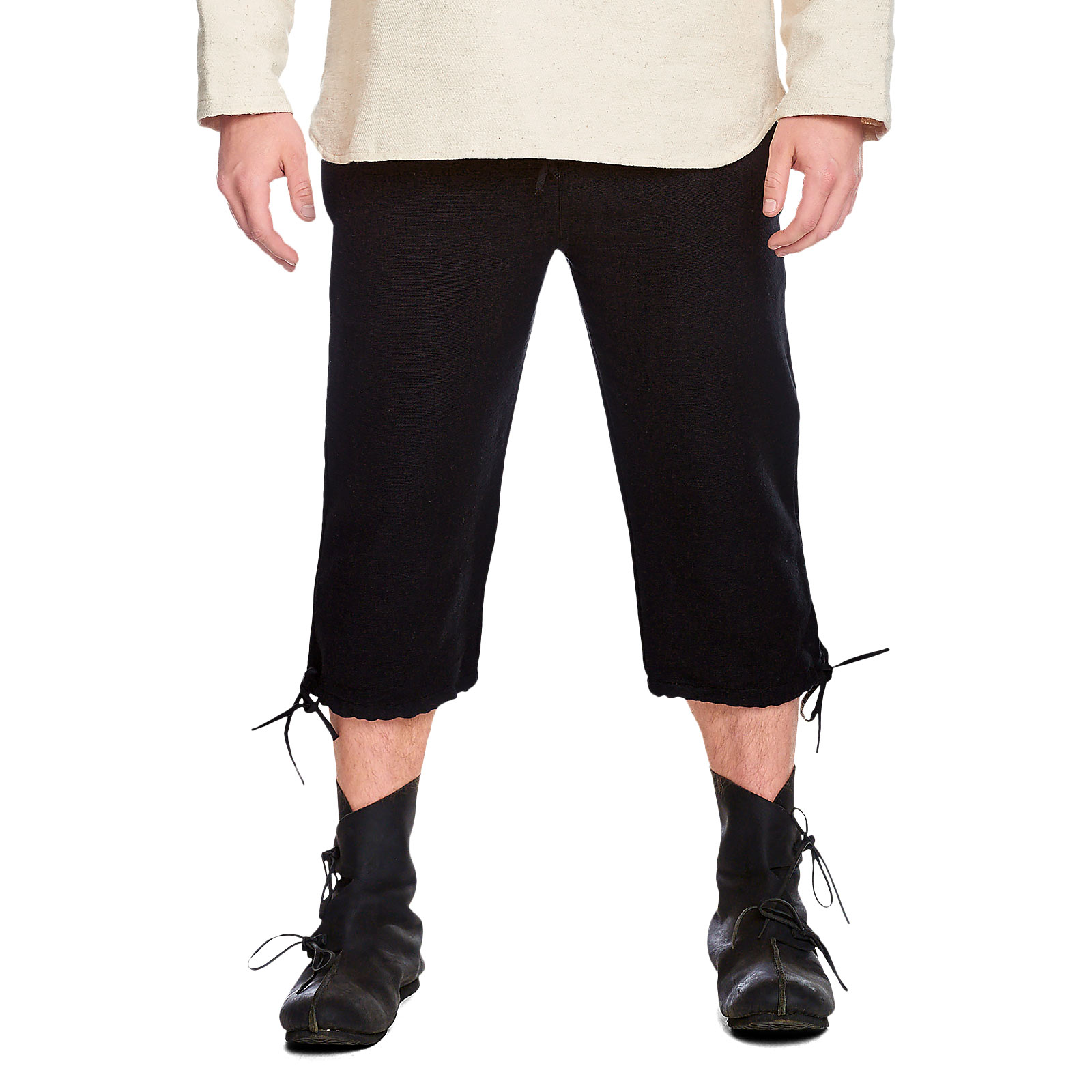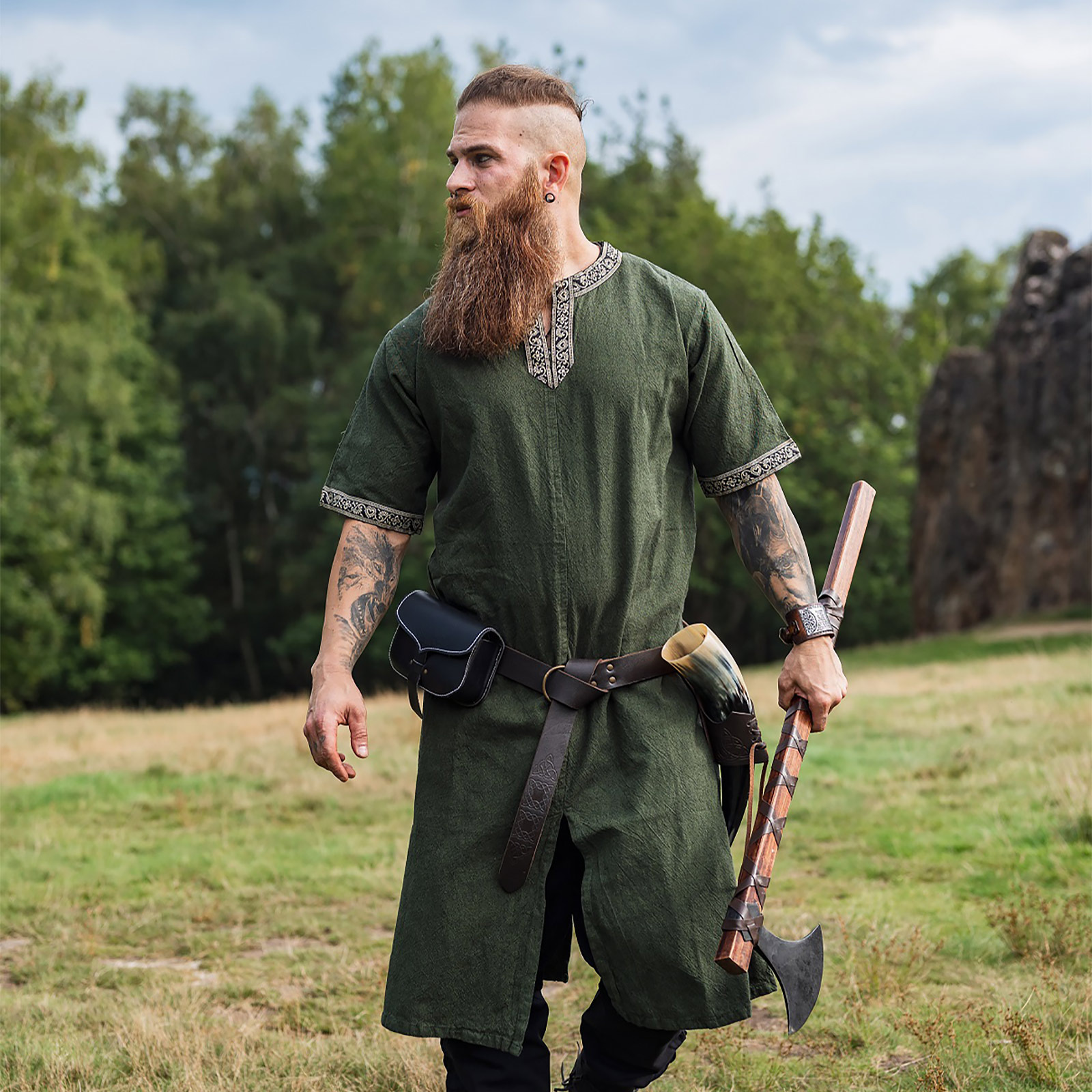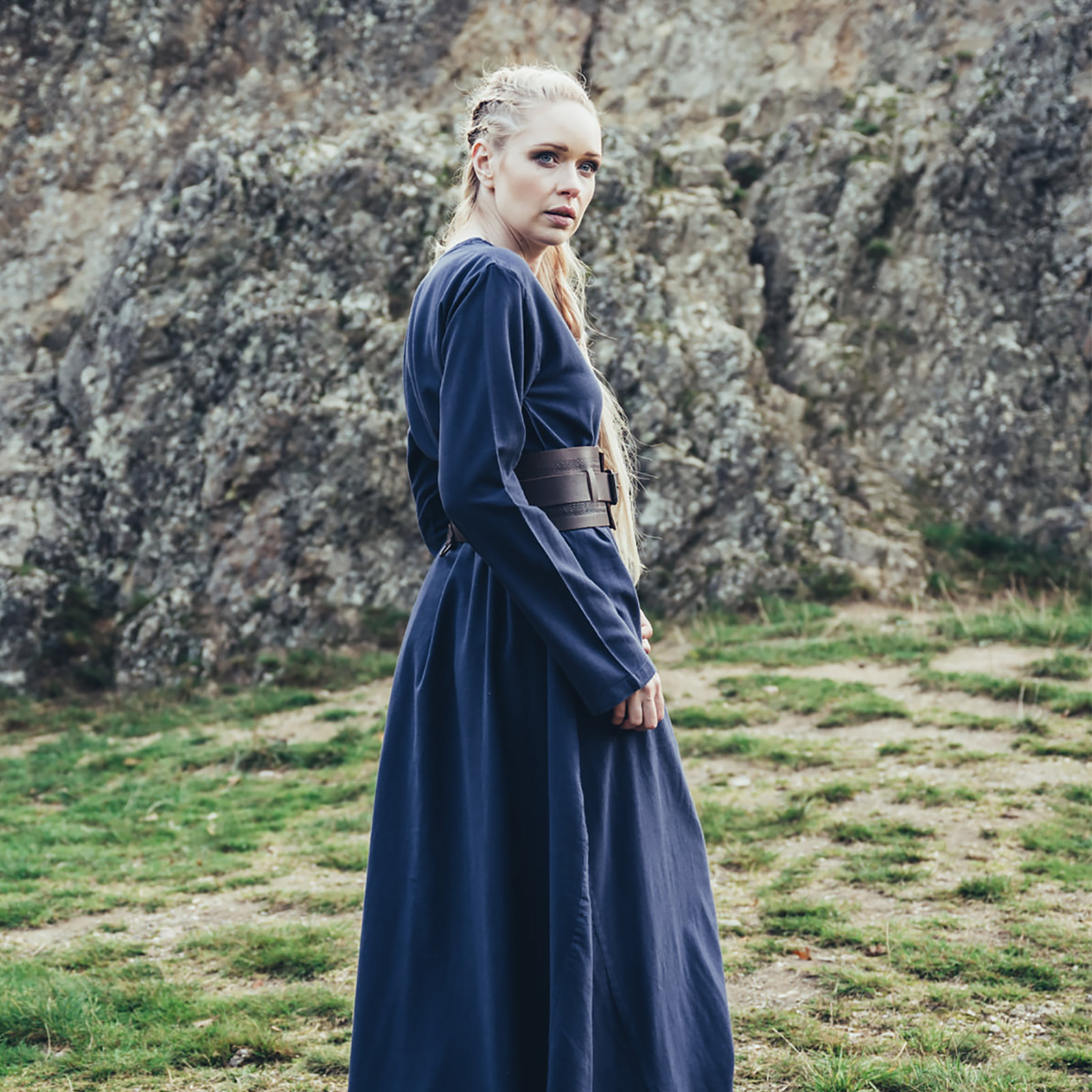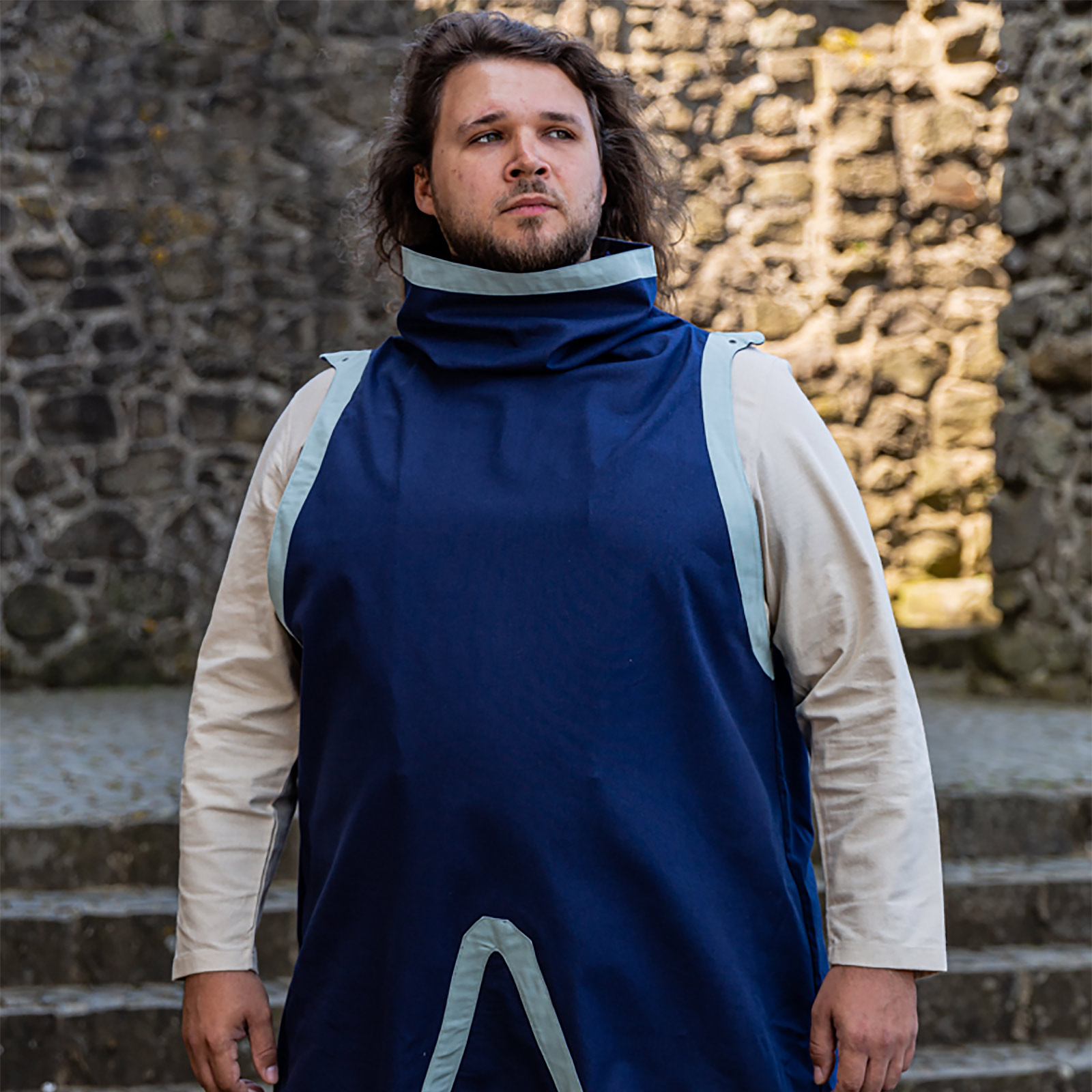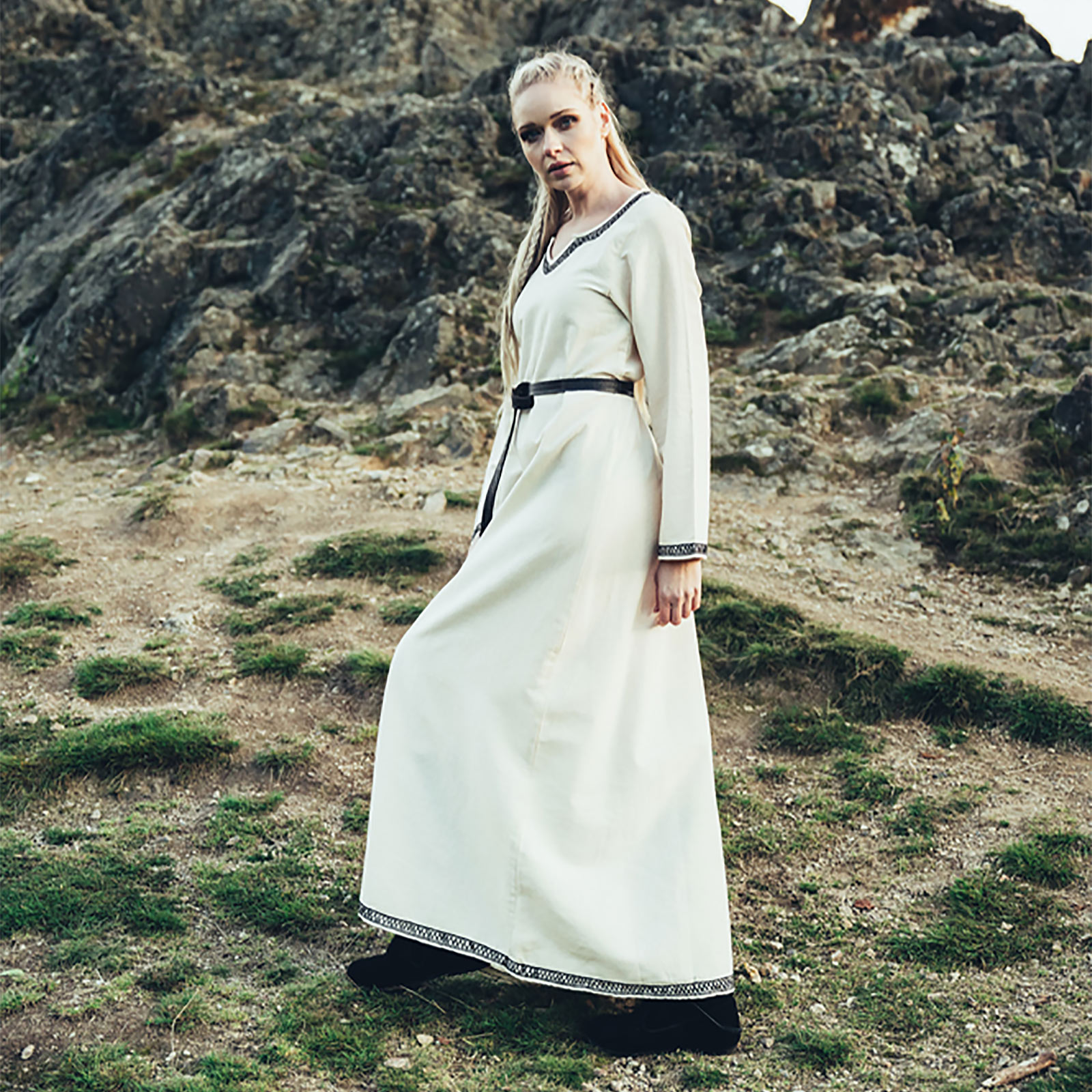Middle Ages
When were the Middle Ages?
The Middle Ages span an extensive period of European history. Depending on how you categorise the past, the entire period covers between seven and ten centuries, with correspondingly significant differences in life and culture. So there is no such thing as the Middle Ages. Roughly speaking, we distinguish between three periods today: The Early Middle Ages (6th to 11th centuries), the rather short High Middle Ages (11th century to ca. 1250) and the Late Middle Ages (1250 to ca. 1500). The boundaries between these periods are fluid as there is rarely a single event indicating a new epoch.
The Middle Ages: a dark era?
The term Middle Ages conjures up romantic images of knights, castles and swords. The period is associated with festive games and tournaments, honourable men and all the other things we have learned from sometimes highly romanticised (but always entertaining) films such as The Last Duel, The Name of the Rose, Braveheart, Robin Hood: Prince of Thieves, Kingdom of Heaven and countless others. At the same time, reference to the Middle Ages also conjures up these images: War. Disease. Oppression. Events such as the Crusades, the Hundred Years' War or the spread of the plague. There is really no need to ask which of these perspectives is accurate. The truth, as so often, lies in the middle.
But we are often left with a rather negative impression, including in films, however romanticised they might be. What we need to remember is that the Middle Ages cover an extremely long period, spanning about 1,000 years — which means there really is no such thing as the Middle Ages. The term itself is complicated because it was coined by humanist scholars in the 15th and 16th centuries to distinguish themselves from what they saw as this very dark era.
But the Middle Ages was also a period that saw many groundbreaking developments! Trade and handicraft were on the rise, leading to a strong economic upswing in the High Middle Ages. During this time, cities really flourished, and more and more people flocked from the countryside to urban areas. The market became a central meeting point, inns were established and buildings erected. Even the first universities were founded, including the University of Bologna, which is considered the oldest university in Europe.
Speaking of education, this is when the transition to the Renaissance slowly begins. Particularly in the late Middle Ages, more and more people learned to read and write, which also gave rise to other forms of literature. This extended beyond spiritual and philosophical themes and even included adventure stories. And not just in Latin, but in the relevant local language too. Key to this development are inventions such as the printing press, which is often attributed to the Renaissance era — characterised by its inventions and discoveries — but chronologically it belongs to the late Middle Ages.
As a result, everyone has their own ideas about the Middle Ages. And in some ways, they are right. But only in some ways. As so often in life, everything is more complicated. The fact is, we did not live in the Middle Ages, so we cannot judge their lives objectively — the same is true for most topics in history. What's more, there are few surviving documents from this period that genuinely report on everyday life. Much of this detail was added in the early modern era, mostly by the aforementioned scholars who actively wanted to distance themselves from that period. But it makes complete sense that their beloved Renaissance would not have come about without the Middle Ages.
Although there are many negative associations with the long epoch of the Middle Ages, some common assumptions are misleading. People did not believe the earth was flat. The Inquisition was not a world dictatorship. Although the persecution of witches began in the late Middle Ages, it reached its peak in the 16th and 17th centuries. The list of popular misconceptions is pretty extensive. In fact, the Middle Ages were neither the darkest epoch of humanity nor a romantic and heroic tale. The simple truth is that this was a fascinating and highly varied period in our history that is too extensive to be summarised in sweeping statements.
